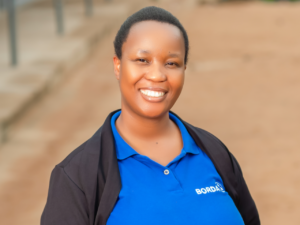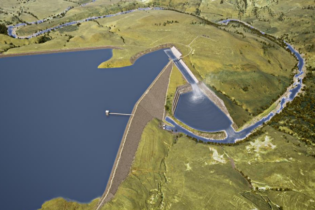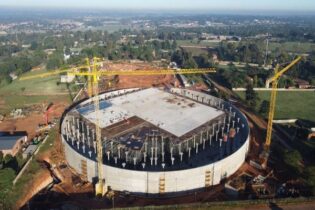Water is scarce, wasted, and taken for granted. It is also a vital source of life and dignity. Mendy Shozi, President of the South Africa Youth Parliament for Water and project manager at Bremen Overseas Research and Development Association, is in her words “water obsessed.”
“WASH or SHAW is important globally but specifically important in the South African context where access to sanitation is still not 100%. Sanitation is layered as there are sewered and non-sewered systems, and hygiene plays a significant role in keeping people healthy. WASH specifically talks to social needs – be it economic or gender – and it is really a fascinating sector but also an important one,” states Mendy.The South Africa Youth Parliament for Water
The World Youth Parliament for Water (WYPW) is a branch of the International Secretariat for Water (ISW) that acts as a network for young water professionals who seek to implement sustainable and practical solutions to global water problems. Water is a global issue but context-dependent and thus there are many regional chapters of the Youth Parliament for Water that contribute to global knowledge with regional-specific inquiries and solutions. In 2021 Mendy heard about the WYPW and decided she wanted to join the local chapter, “I went to inquire about our local chapter but found that not only did we not have one but there were no chapters in Southern Africa either. I took this as a challenge for myself and started the South Africa chapter, getting the paperwork in order in January 2022 and we were formalised in March 2022 at the WYPW 5th General Assembly,” says Mendy. Noting the growing chapters among African countries there is now a general African Youth Parliament for Water to synergise the knowledge between various African countries.Mendy says, “The platform is important as it allows young water leaders to make decisions that directly impact them regarding climate change and other water concerns.”As president of the South African chapter, Mendy was tasked to help guide the decisions and projects that the chapter engaged with, “It’s a democratic organisation so my role was to guide, not decide,” adds Mendy who is now leaving the chapter. “I am now past the ‘youth’ age and this chapter must be focused on the youth. It is still important to me, but I must now leave it in the hands of the next leaders,” adds Mendy.
Youth Climate Adaptation Action Day
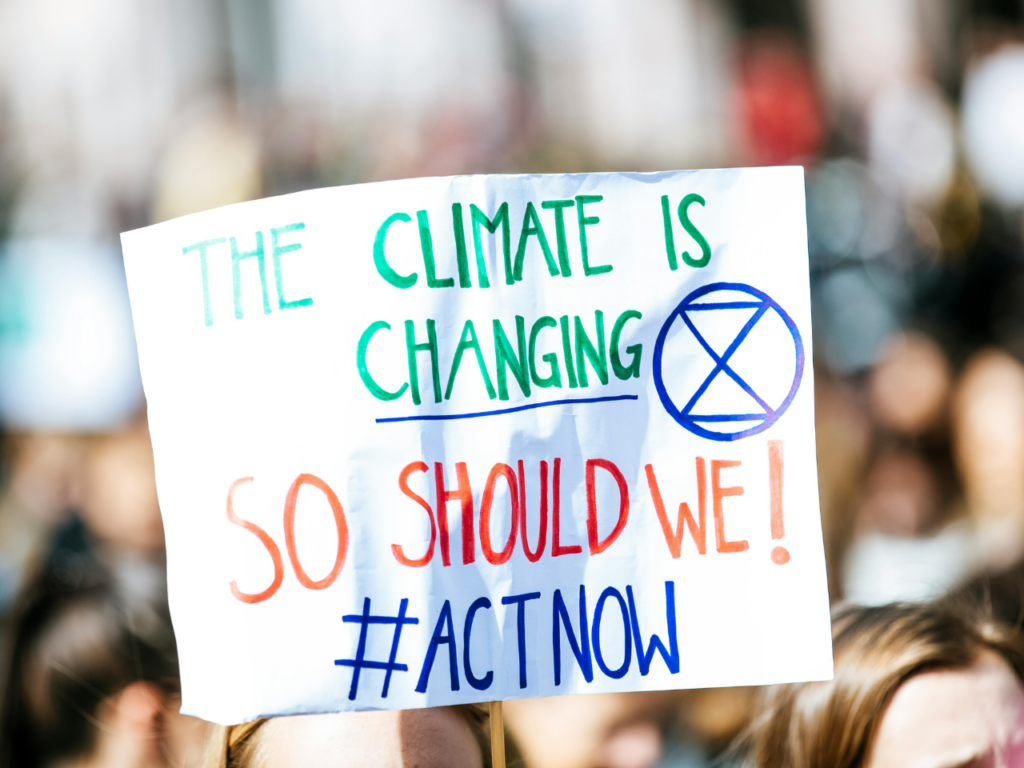
Mendy says that if we are serious about climate change, we must educate and engage with the youth
She advocates for bridging Indigenous historical perspectives with the technical understanding of climate change embraced by younger generations. “Combining these approaches creates a more holistic response to climate challenges,” she remarks.
Youth Climate Adaptation Action Day, observed globally on 12 October, showcases young leaders engaging in climate decision-making and raising awareness. Mendy highlights the critical role of involving young people early to influence behaviours and drive momentum in addressing climate change. “Simply showing people the problem and offering potential solutions makes a difference,” Mendy notes, emphasising the power of education, career guidance, and modern tools such as social media to inspire action. She calls for collaboration across disciplines, including science and the humanities, to ensure a sustainable future.The Bremen Overseas Research & Development Association (BORDA)
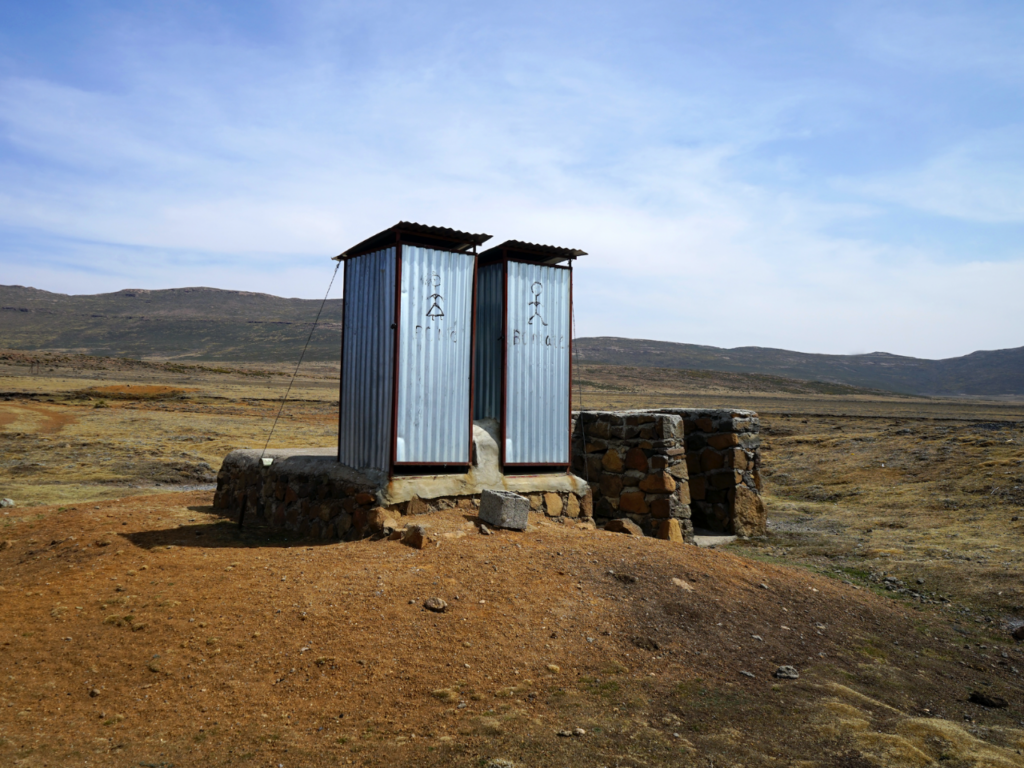
Many people in South Africa lack proper or safe sanitation. Part of her work at BORDA aims to facilitate non-sewered sanitation systems to communities where sanitation is unsafe.
“We manage the grant and also contribute to research,” Mendy explains. Collaborating with UKZN, the team explores cost-effective methods for handling faecal waste, addressing a critical sanitation challenge.”Durban is also the sister city of Breman, so there is additional funding to aid the eThekwini Municipality in “school infrastructure and sanitation projects, career engagements and mentoring.” Mendy concludes by saying, “WASH, water, and infrastructure is a passion-driven sector and to be involved with these projects is truly fulfilling.”


